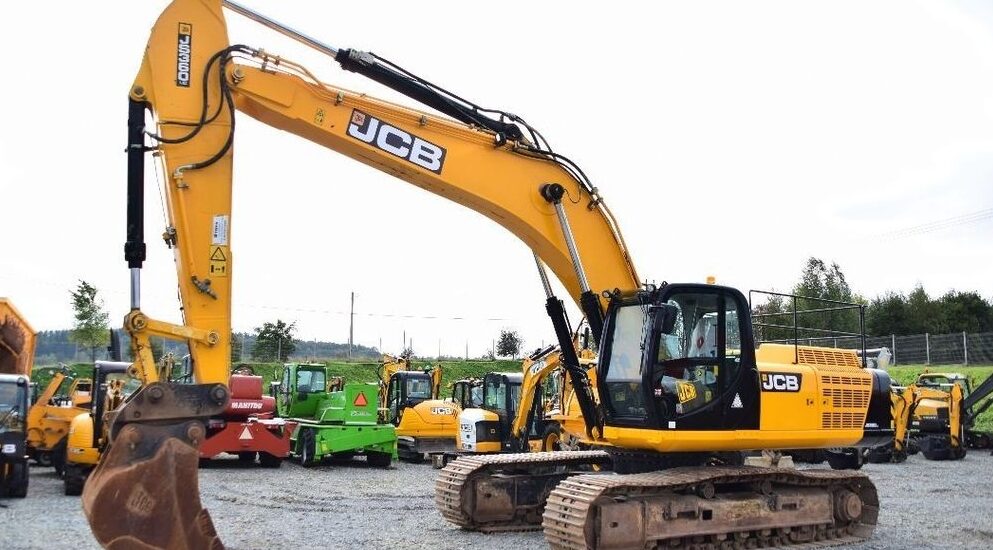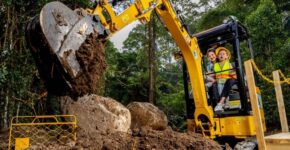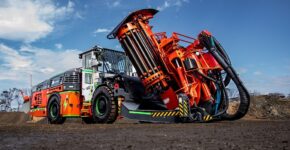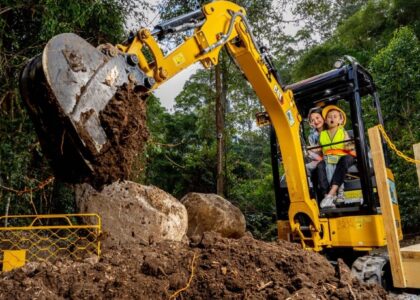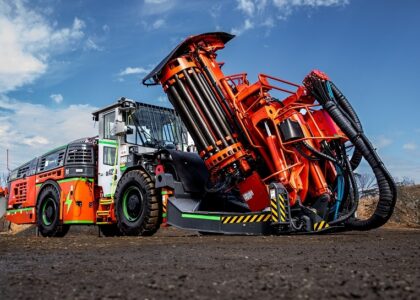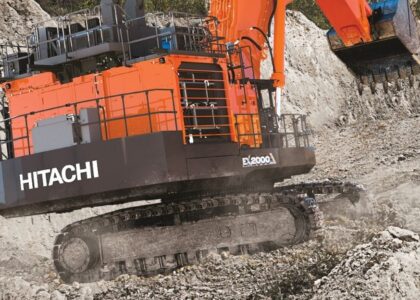In a situation of economic uncertainty, the purchase of used machinery becomes a real solution for updating and replenishing the fleet of machines.
Below you will find the main tips that will be useful when buying used equipment. They will save you not only valuable time, but, possibly, a large sum.
1. Specifications
If you have a sufficient budget, and the machine you are interested in is equipped with new features, we recommend that you take a closer look at the lot. Even if you are not interested in modern and special functions in the short term. The reason is that this feature can increase the resale value if you decide to sell the car in a couple of years. Such features may include a premium cab, on-board electronics, MFWD, remote hydraulics, bucket hitches, or optional tire options.
2. Research the market value of construction equipment over several months
This knowledge will help you better navigate the prices and approach the purchase wisely. Explore offers in your market on specialized sites. Check out the possibilities of suppliers, message boards from individuals, online auctions. Compare asking prices. Please note the differences in configuration. If you don’t have enough information to buy, ask about the state of affairs in neighboring regions.
3. Pay attention to competitive brands
Don’t get hung up on one brand. This can save you a decent amount. Find out if a competitive brand can do the job and if dealer support is available. The level of usage should also be considered. If machinery will be used for only a few hours a month, then we recommend that you take a closer look at competing analogues.
4. Evaluate and check the serviceability
The state of technology has a big impact on the cost. Tractors in good condition usually cost more.
If equipment is supplied with on-board electronics, be sure to check that it is not outdated. Do not pay extra for an outdated option, especially if it is not upgradeable.
Of course, conduct a detailed inspection with specialists. If possible, contact an independent expert to assess the health and condition of the machine. Also ask for oil samples, which may show problems with the engine or transmission.
5. Check for available attachments
Make sure attachments are supplied with the excavator or where they can be purchased. Also check the serviceability of each working body.
6. Evaluate Dealer Opportunities
This is an important point that is not given due attention. But this is what actually often determines what brand and what car you buy.
Find out what support local dealers offer. Explore the latest news and trends in your market. Stay tuned for information about services in your area. Please be aware that dealer support may change if a branch closes or is resold.
7. Deal killers
Number one: problems with the main components and mechanisms. For example, the engine smokes or is difficult to start, or if the third gear of the gearbox does not work. But malfunctions of the power steering pump are considered a minor problem, and power steering repair does not cause serious problems.
Number two: mechanical damage to the body and supporting structures. This includes cracks in the frame, corrosion, varnished areas.


